Dental remotherapy for children

specialists

equipment

treatment

Limitations of remineralizing therapy
- Allergic reaction to fluoride-containing compounds
- Fluorosis caused by excess fluoride intake. This condition can lead to changes in the color and structure of the enamel
- Diabetes mellitus. In this case, you should be especially careful, since the disease can affect the condition of the teeth and gums
The need for remineralization therapy

Dental remotherapy is a key method in dental medicine. This process is recommended by pediatric dentists in a number of cases to strengthen enamel and prevent various oral diseases. The use of fluoride is especially relevant in such situations:
- Preventing the development of caries
- Reducing hypersensitivity
- Help during the eruption of baby and permanent teeth
- Intervention at the initial stage of caries, when a white spot is detected
- Surface restoration and sensitivity reduction during the use of orthodontic braces
- Maintaining healthy microflora in the oral cavity
Dental remotherapy helps strengthen the enamel, making it less susceptible to acids and bacteria. This method is especially important for children, as they are more vulnerable to tooth decay due to insufficient enamel development. In addition, fluoridation effectively reduces sensitivity, which is important when using orthodontic structures and changes in the oral cavity associated with age. It is important to remember that this process must be carried out under the supervision of a specialist to avoid an overdose of fluoride.
Positive effects of fluoride therapy in children

Remineralization of tooth enamel in children is a procedure aimed at strengthening the enamel and overall improving oral health. It leads to the following results:
- Strengthening enamel hardness in children
- Reducing sensitivity to different temperatures and tastes
- Minimizing the likelihood of caries development
- Protection against harmful microorganisms in the oral cavity
- Slowing down the plaque formation process
This therapy is harmless to the child's body. Dentists begin to use it from the age of two years old. It is recommended that the procedure be performed every six months to maintain the health of baby teeth. Regular mineralization of the tooth contributes to their preservation until the moment of natural replacement with permanent ones. This ensures not only health, but also contributes to the formation of a correct bite in the future.
Age restrictions for remineralization therapy in dentistry
Fluoridation is allowed to begin at the age of two. This is due to the fact that by this time the first milk teeth have already erupted. Another important time for this procedure is puberty. At this moment, hormonal changes occur in the body, affecting all organs and systems.
The composition of saliva changes, and in newly formed permanent teeth, the enamel is not yet strong enough to resist harmful microorganisms. During this period, fluoridation becomes a necessary preventive measure to protect against various negative influences.

Fluoridation techniques
Surface fluoridation
Intensive fluoridation
General information about the procedure
Factors affecting the permeability of tooth enamel
The permeability of enamel depends on many factors that affect its ability to pass various substances through. Important aspects include:
- Age. Permeability decreases over time
- Use of electrophoresis in dentistry
- Impact of ultrasonic waves that increase permeability
- The level of acidity (pH) in the oral cavity, which plays a significant role
- Hyaluronidase enzyme. Increasing its level in the oral cavity, especially in the presence of plaque
- Sucrose content
It is also worth noting that the remineralization processes are influenced by the properties of the ions. For example, ions with a divalent charge have a lower ability to penetrate into enamel compared to monovalent ones. In addition, the charge of the ions, the pH level of the medium and enzyme activity are important. Particular attention is paid to the mechanisms of distribution of fluoride ions in tooth enamel. The use of a sodium fluoride solution, for example, allows fluoride ions to quickly penetrate shallow layers and integrate into its crystalline structure, thereby reducing its permeability.

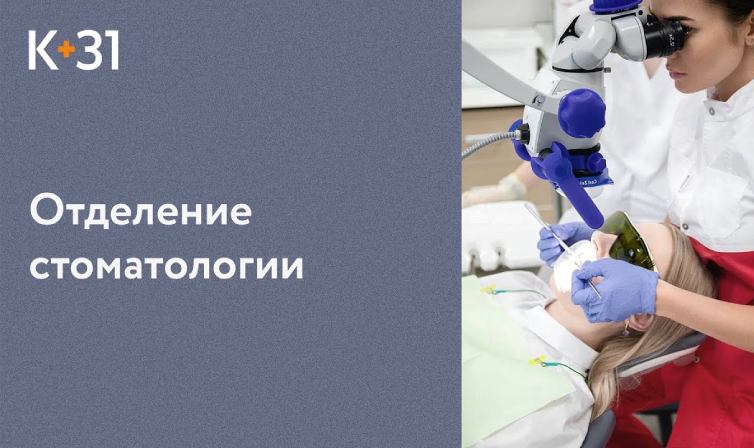
Modern methods of diagnostics and dental treatment at "K+31"
Our doctors

This award is given to clinics with the highest ratings according to user ratings, a large number of requests from this site, and in the absence of critical violations.

This award is given to clinics with the highest ratings according to user ratings. It means that the place is known, loved, and definitely worth visiting.

The ProDoctors portal collected 500 thousand reviews, compiled a rating of doctors based on them and awarded the best. We are proud that our doctors are among those awarded.
Make an appointment at a convenient time on the nearest date
Price
Other Services

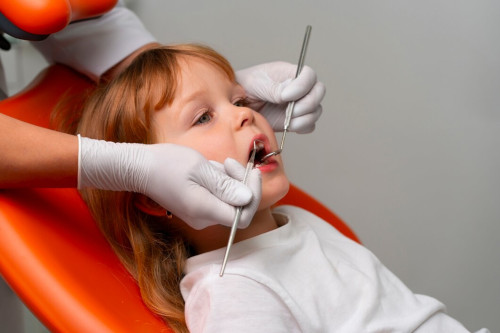
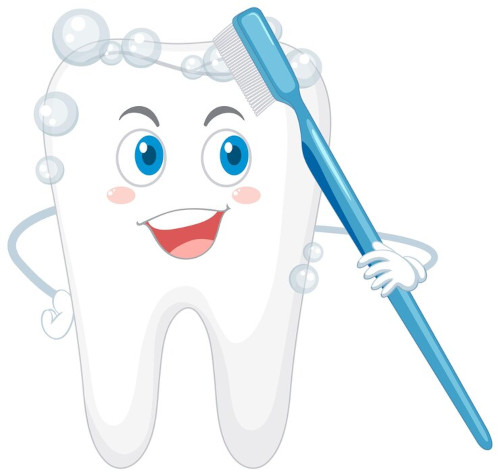

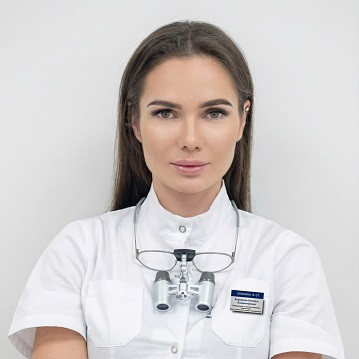


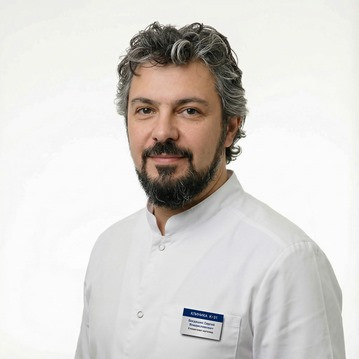


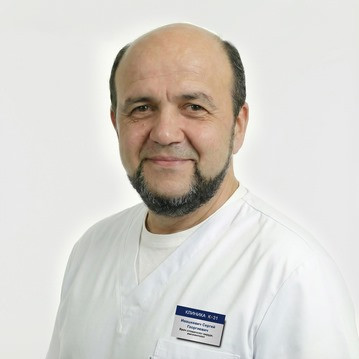





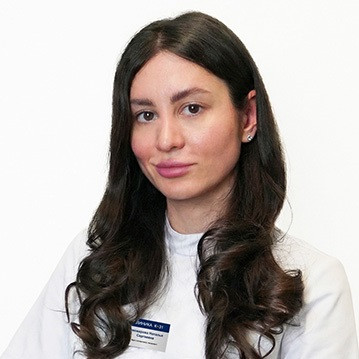
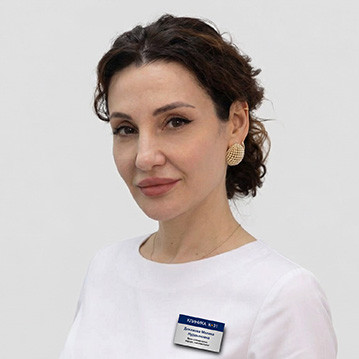
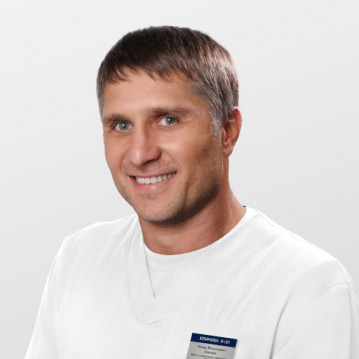





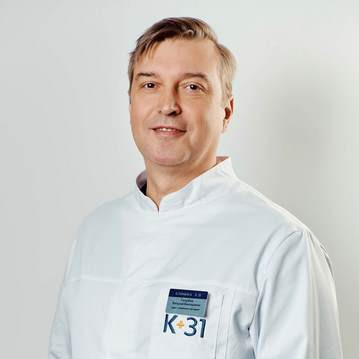




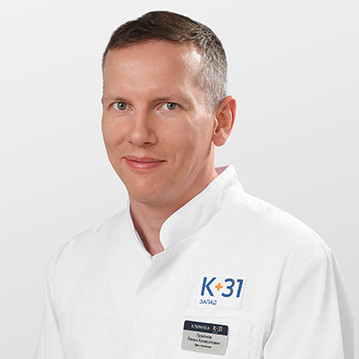




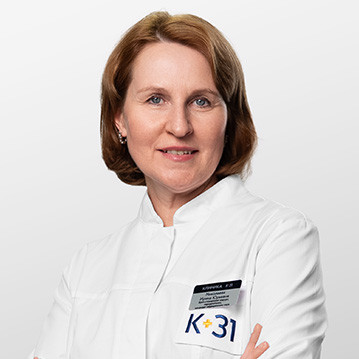





















Causes of enamel demineralization
Demineralization of enamel is often associated with exposure to acids. These substances can enter the mouth with food and drinks, and are also formed as a result of the activity of bacteria in the oral cavity. This leads to the destruction of enamel and creates conditions for the growth of pathogenic microorganisms and plaque formation.
The occurrence of demineralization can also be caused by several factors:
The pediatric dentist approaches the choice of a remineralization program individually, taking into account the child’s age, the condition of his oral cavity and other factors. This helps to effectively restore the health of the enamel of both baby and permanent teeth.